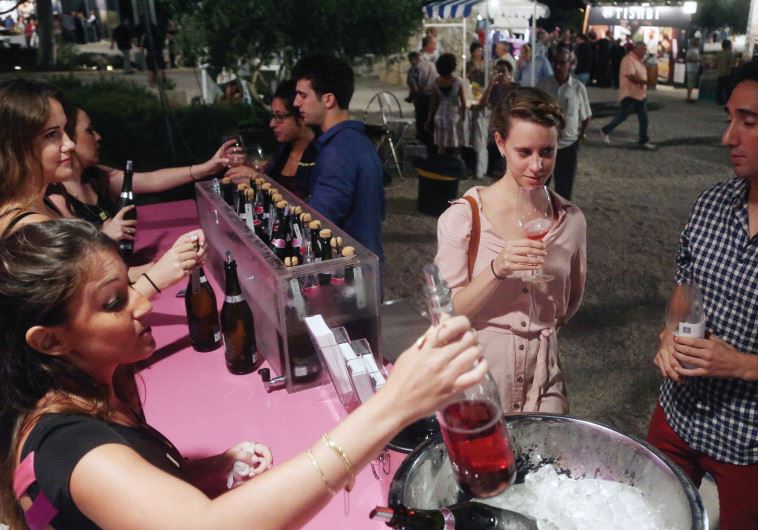What’s with all the whining about wine?
Spiking ticket price and shrinking number of wineries taking part are making some rethink their decision to go to the Jerusalem Wine Festival.
 The Jerusalem Wine Festival(photo credit: MARC ISRAEL SELLEM)Updated:
The Jerusalem Wine Festival(photo credit: MARC ISRAEL SELLEM)Updated: